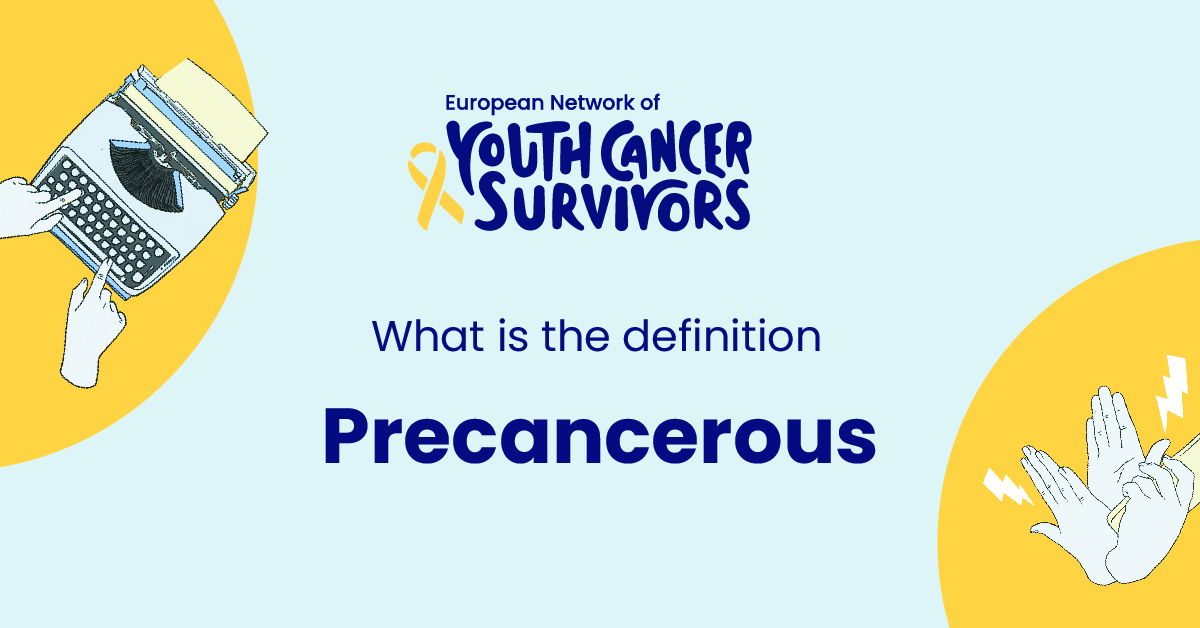
In the midst of our rapidly evolving world, health hazards are becoming increasingly prevalent. From our genetic predispositions to the environment we live in and the lifestyle choices we make, our health is constantly under siege. As these threats multiply, so does the need to understand medical terminologies and decipher their implications for our well-being. One such term that often stirs concern but is frequently misunderstood is ‘precancerous’. This article seeks to delve into precancerous conditions, shedding light on what they mean, their causes, detection, and treatment options.
Precancerous: An In-Depth Definition
The term ‘precancerous’ refers to abnormal changes in cells that may progress to cancer if left untreated. These changes, often in the form of abnormalities or lesions, are not yet cancerous, but have the potential to become cancer over time. This distinguishes precancerous conditions from actual cancer, which involves the uncontrolled growth and spread of abnormal cells.
Types of Precancerous Conditions
Precancerous conditions may affect various parts of the body. Some common types include actinic keratosis (skin), cervical dysplasia (cervix), metaplasia (stomach), and polyps (colon). Each type of precancerous condition has unique characteristics.
For instance, actinic keratosis manifests as small, rough patches typically resulting from excessive sun exposure. Cervical dysplasia is an abnormal growth of cells on the cervix that can potentially lead to cervical cancer. Metaplasia commonly occurs due to chronic inflammation of the stomach lining, while colon polyps, though often benign, could progress to colon cancer if left untreated.
Causes of Precancerous Conditions
Precancerous conditions can arise due to a variety of factors. This includes genetic factors, where a predisposition to certain types of precancerous conditions can be inherited from parents. Environmental factors such as excessive sun exposure and exposure to harmful substances like asbestos can also lead to precancerous conditions.
Lifestyle influences play a significant role as well. Excessive smoking and alcohol intake, unhealthy eating habits, and lack of physical activity are all strongly linked to the development of precancerous conditions.
Get to know us better
If you are reading this, you are in the right place – we do not care who you are and what you do, press the button and follow discussions live

Diagnosing Precancerous Conditions
Early detection of precancerous conditions is crucial for successful treatment. This is often achieved through physical examination and lab tests/screening. Depending on the area of the body affected, specific tests are performed to identify any abnormal cell growth. Recognizing the importance of early detection can potentially save lives by halting the progression of these conditions to full-blown cancer.
Treatment Options for Precancerous Conditions
Treatment options for precancerous conditions vary depending on the type and severity of the condition. Surgical procedures may be performed to remove the abnormal cells. In some cases, medication is prescribed to manage the condition. Lifestyle modifications and preventive measures such as improved diet, regular exercise, and cessation of detrimental habits like smoking can also be beneficial.
Living with a Precancerous Condition: What It Means for You
Having a precancerous condition undoubtedly influences one’s quality of life. It necessitates continuous vigilance, regular check-ups, and, at times, lifestyle modifications. In many cases, individuals may experience fear and anxiety. However, with the right coping strategies and access to support and resources, it’s possible to maintain a positive outlook.
Conclusion
Understanding precancerous conditions is crucial in managing them effectively and taking proactive steps to prevent their progression to cancer. The importance of early detection cannot be overstated, nor can the need for vigilance and a proactive, health-conscious lifestyle.
Frequently Asked Questions
- What does it mean if a condition is ‘precancerous’?
When a condition is described as ‘precancerous’, it means there are abnormal changes in cells that, if left untreated, could potentially progress to cancer.
- How does a precancerous condition become cancerous?
A precancerous condition may become cancerous if the abnormal cells continue to grow and change, eventually turning into cancerous cells that grow uncontrollably.
- If I have a precancerous condition, does that mean I’ll definitely get cancer?
Not necessarily. While a precancerous condition signals an increased risk for cancer, not all precancerous cells turn into cancer. Early detection and treatment can prevent their progression to cancer.
- What is the most common type of precancerous condition?
The most common types can vary largely based on various factors, however, conditions like actinic keratosis and colon polyps are quite common.
- What can I do to prevent a precancerous condition from becoming cancerous?
Early detection and treatment are essential. Regular screenings and check-ups, maintaining a healthy lifestyle, and avoiding harmful habits such as smoking can help prevent a precancerous condition from becoming cancerous.








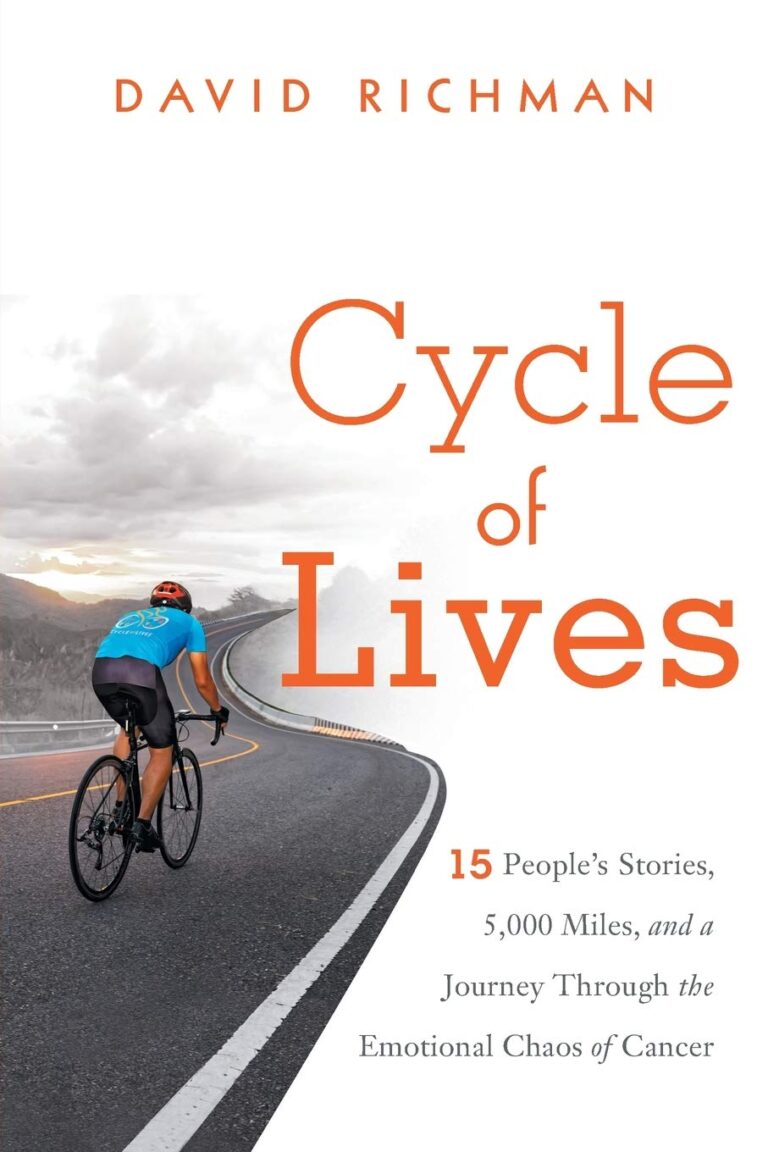
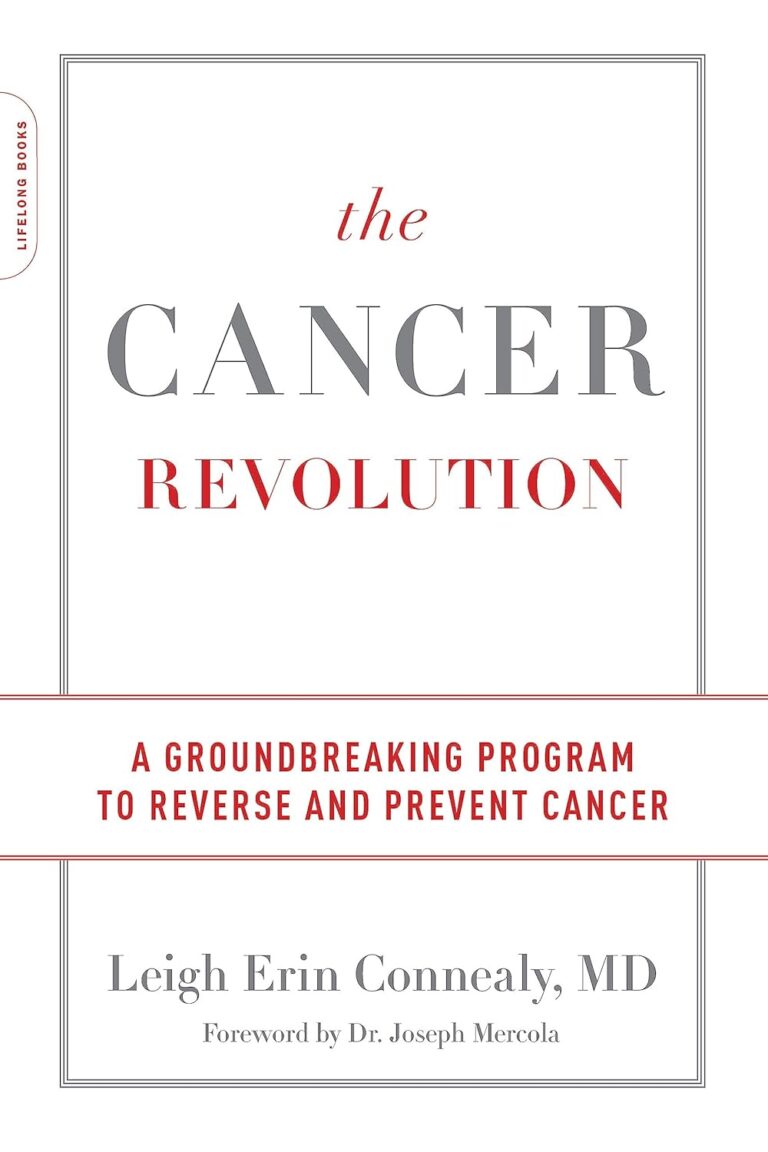
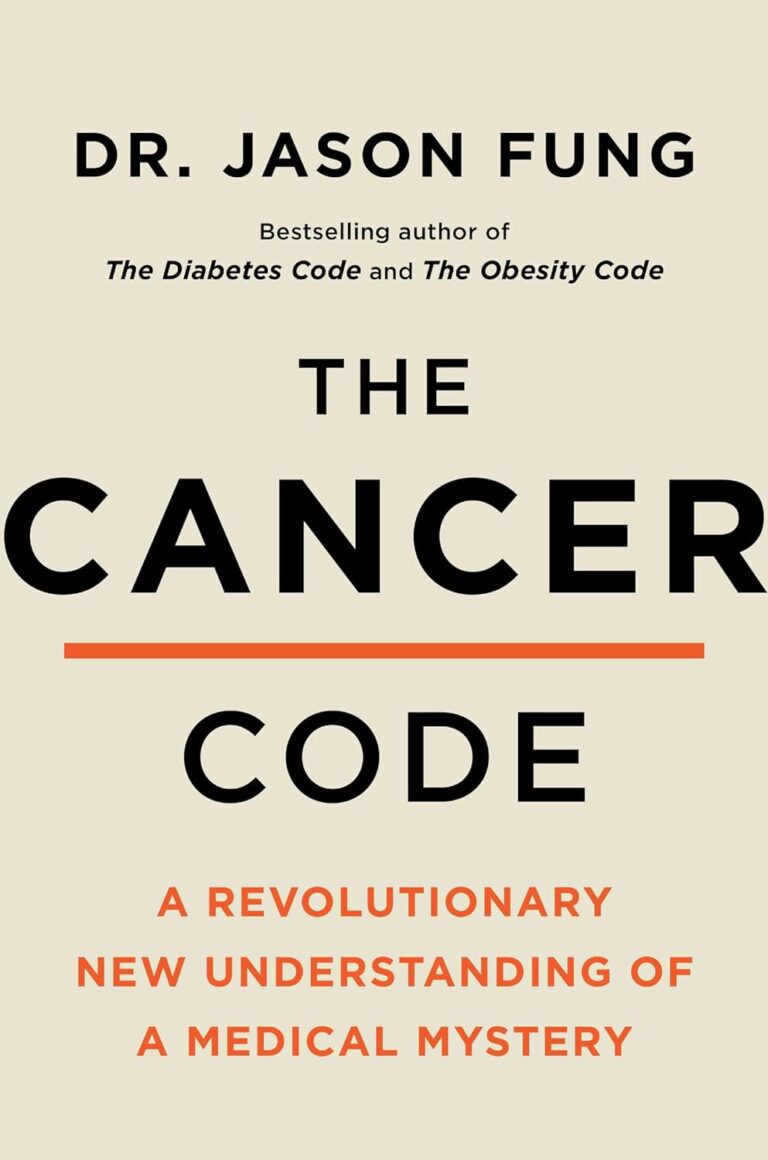
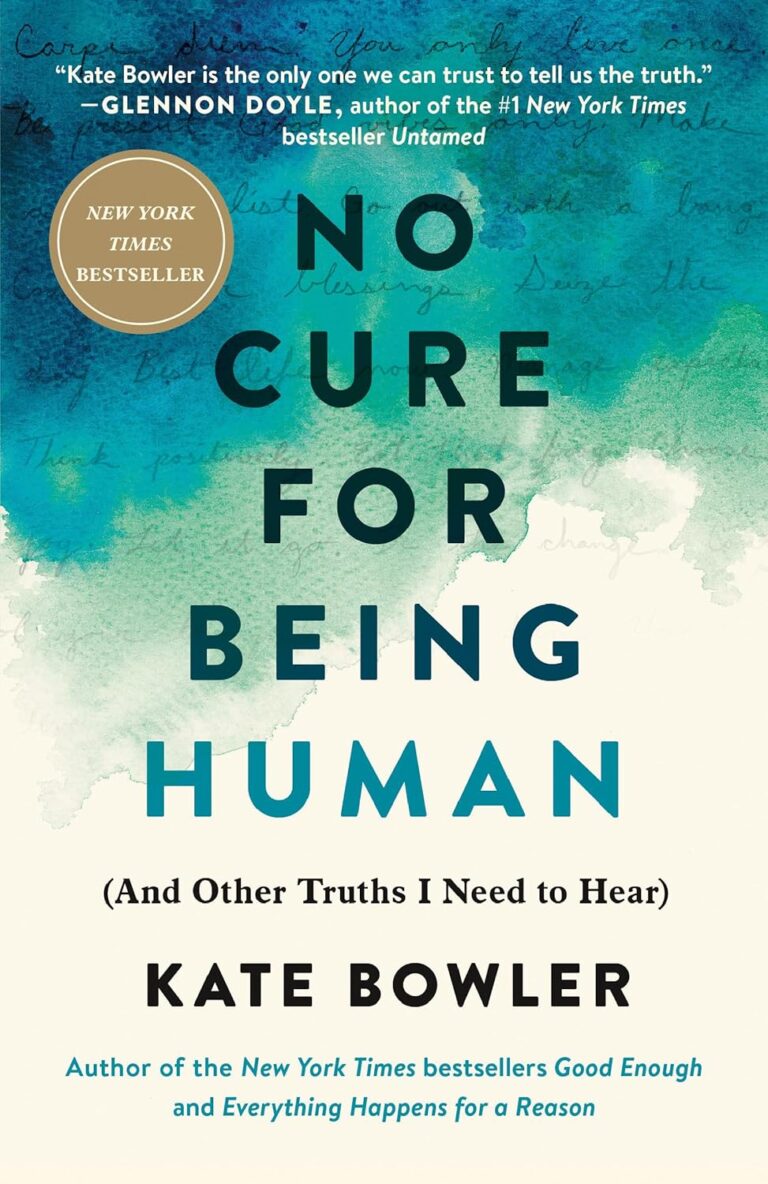
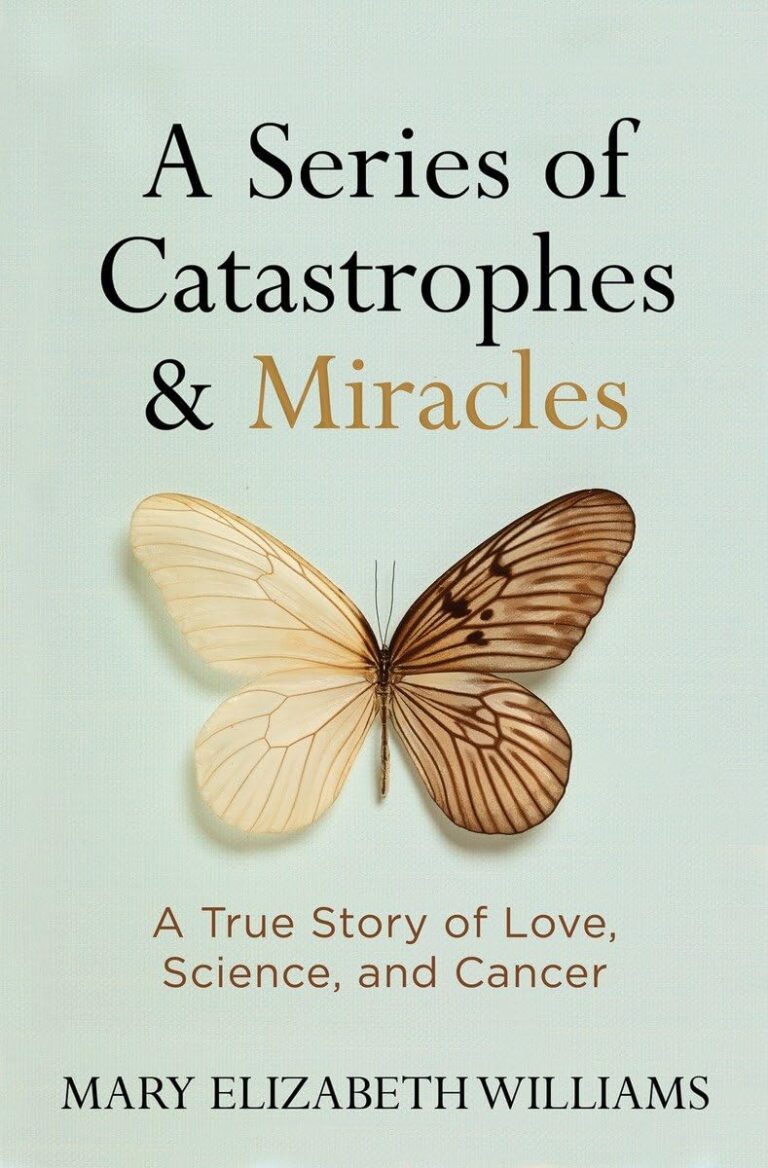

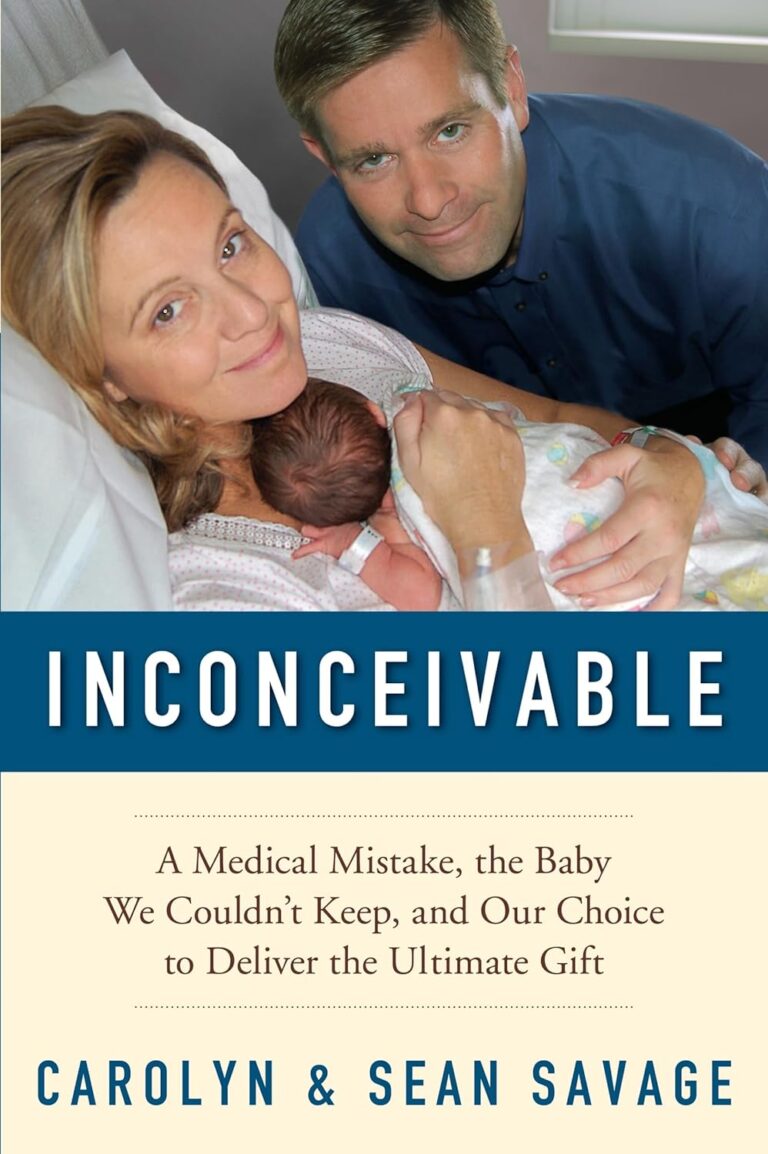


Comments
Thank you. Comment sent for approval.
Something is wrong, try again later